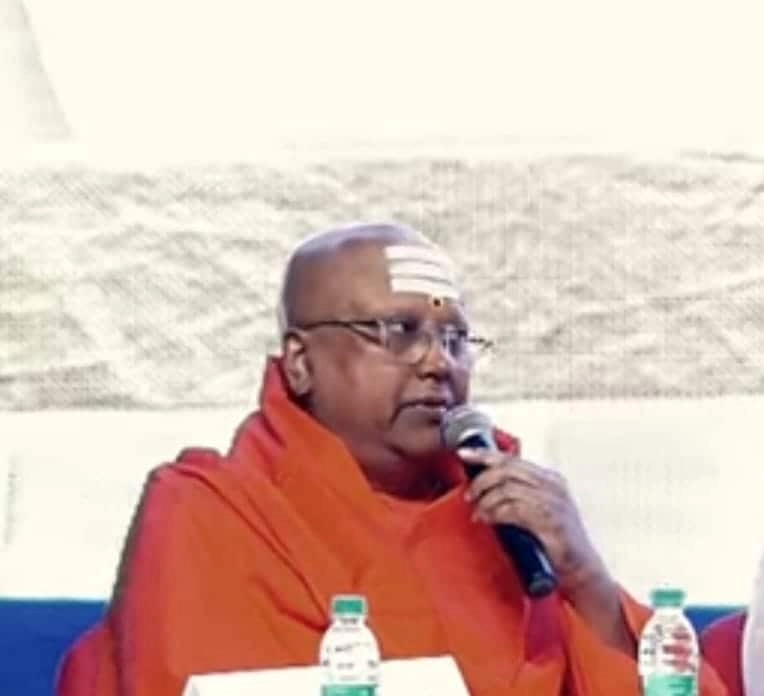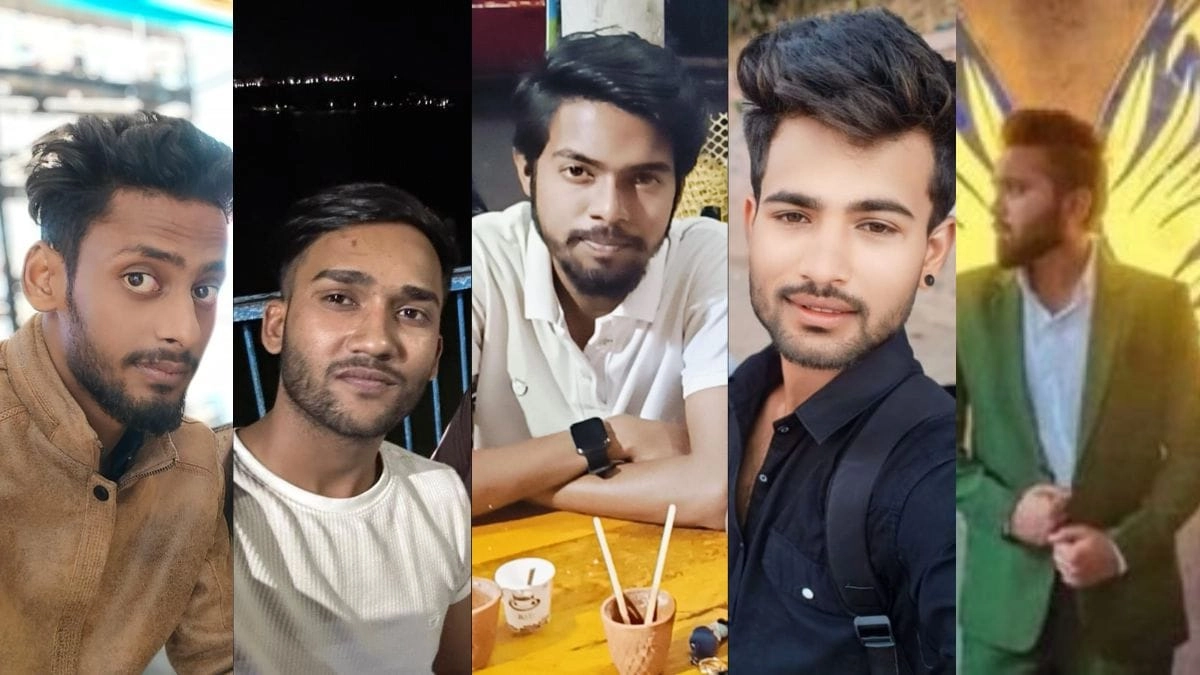In the ever-evolving landscape of spirituality and modernity, the figure of the ‘godman’ often evokes a mixture of reverence and skepticism. In recent news, a prominent Delhi-based spiritual leader has come under scrutiny due to serious accusations of molestation. Known for his unorthodox lifestyle, this self-proclaimed Baba has gained a significant following, drawing the attention of both devotees and critics alike. Interestingly, he is noted for rarely using mobile phones, a choice that seems to align with his emphasis on traditional spiritual practices over modern technological distractions. This peculiar characteristic sets him apart from many contemporary spiritual leaders who often embrace social media to expand their reach.
The allegations against this Delhi Baba have sent shockwaves through his community and the broader spiritual landscape. Accusations of molestation not only challenge his public persona as a spiritual guide but also raise questions about the safety and well-being of his followers. Reports suggest that several individuals have come forth with claims that underscore the troubling nature of his behavior. As investigations unfold, the tension between faith and accountability becomes increasingly apparent. Followers who once revered him are now grappling with the duality of their devotion and the gravity of the accusations.
While the Baba’s reluctance to engage with mobile technology may have initially painted him as a figure of authenticity and simplicity, the current situation reveals the complexities that often lie beneath the surface of spiritual leadership. The intersection of spirituality and personal conduct is a delicate one, and the fallout from such allegations can have far-reaching consequences. As more information comes to light, the case serves as a reminder of the importance of discernment in the realm of spiritual authority, where the ideals of purity and integrity are often tested.
In a society that increasingly relies on technology for communication and connection, the choice to eschew mobile phones can be seen as both a statement of intent and a potential barrier to transparency. As the investigation continues, the interplay between the Baba’s spiritual teachings and the serious nature of the allegations will likely be a focal point for both followers and critics. This situation challenges not only the individual’s reputation but also the broader perceptions of spiritual leaders in contemporary society, emphasizing the need for accountability and ethical conduct in all spheres of life. The outcome of this case may serve as a pivotal moment for the community and could lead to a reevaluation of the standards by which spiritual leaders are judged.




